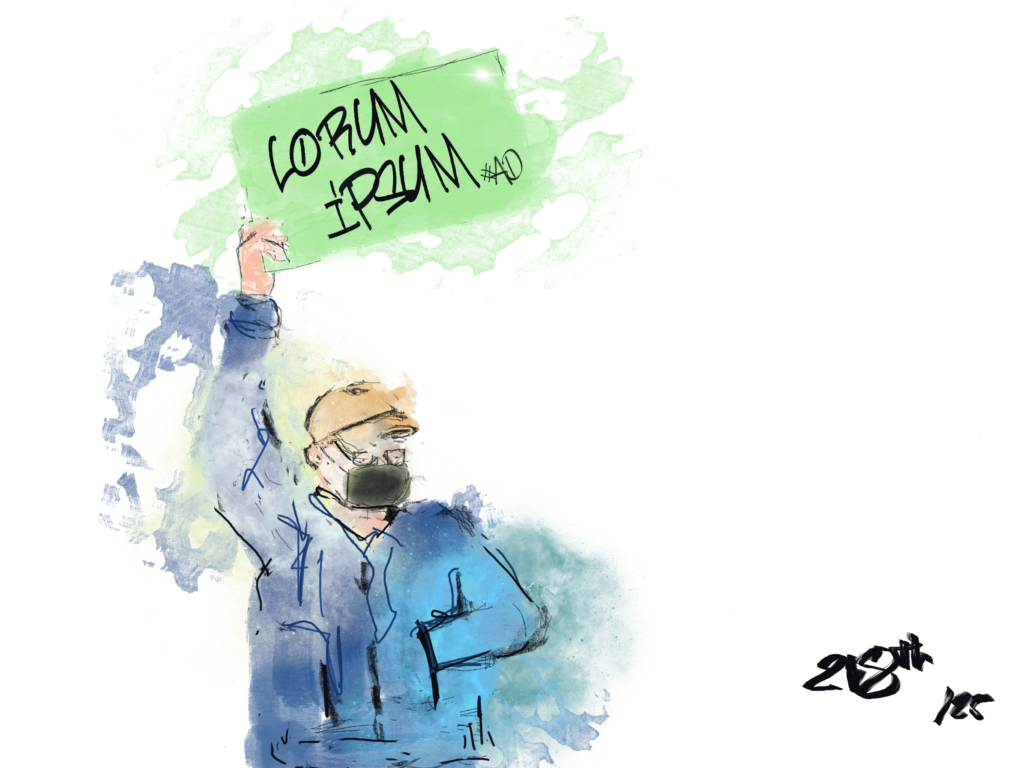
tech IP AI Talent
You Can Fake a Model. But You Can't Fake Influence
Disclosure isn't legally required for AI Models in ads, but the real issue is that influence can't be manufactured. It has to be human.
READ TIME:
2 mins (just shy)

The Guess model in Vogue wasn’t human.
Polished. Studio-perfect. Completely fake.
And here’s the kicker: in the UK and US, brands don’t have to tell you that.
𝗡𝗼 𝗹𝗮𝘄 𝗿𝗲𝗾𝘂𝗶𝗿𝗲𝘀 𝗱𝗶𝘀𝗰𝗹𝗼𝘀𝘂𝗿𝗲. Guidance, yes. But no rules.
Even in the EU, regulation won’t arrive until 2026.
So when 𝘎𝘶𝘦𝘴𝘴 chose to disclose the model was AI, they didn’t have to.
They invited the criticism anyway. Why?
Because the real risk isn’t legal. It's ethical.
AI will save costs and scale campaigns to unprecedented levels. But it also fuels old problems:
Unrealistic beauty standards. Less diversity. Fewer opportunities for real people.
And yet, what drives real 𝘪𝘯𝘧𝘭𝘶𝘦𝘯𝘤𝘦 has never been perfection.
The creator economy didn’t explode because it looked more polished.
It thrived because it 𝘧𝘦𝘭𝘵 more real.
A gamer playing a video game in his bedroom beats a million-dollar studio ad every time.
👉You can fake a model.
👉But you can’t fake influence.
AI models/influencers/talent agencies are a thing, for sure.
𝗛&𝗠, 𝗛𝘂𝗴𝗼 𝗕𝗼𝘀𝘀, 𝗚𝗿𝗮𝗰𝗲 𝗕𝗲𝘃𝗲𝗿𝗹𝗲𝘆 are all successfully leaning into AI personalities.
Models/influencers/talent agencies that harness the powers of AI is even more a thing, for sure.
But the thing is, AI won’t replace the power of human connection.
Do you think brands should be legally required to disclose AI models?
Or is it better left to ethics?
By Jack Jones
Published September 2025